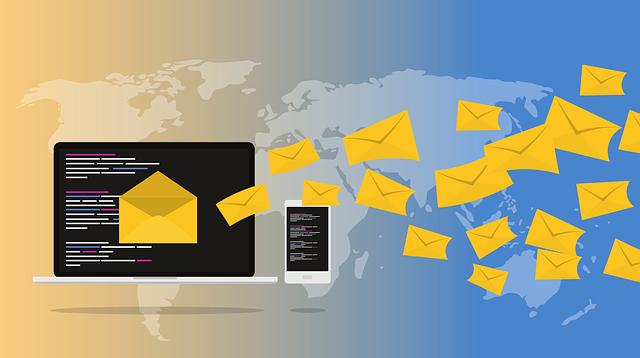Ecommerce automation for marketing leverages AI and automation tools to enhance customer engagement. AI sales chatbots provide 24/7 support, while marketing automation platforms automate repetitive tasks like email campaigns and lead nurturing. This facilitates targeted marketing, improves retention, and supports B2C and DTC objectives by streamlining processes such as inventory management and content creation. Both B2C and DTC brands use ecommerce automation to deliver personalized experiences, focus on creative strategies, and maintain competitive edges in their respective markets through efficient customer engagement.
In today’s digital landscape, ecommerce automation is a game-changer that supports both Business-to-Consumer (B2C) and Direct-to-Consumer (DTC) marketing objectives. Understanding how to harness its potential can revolutionize your marketing strategies, enhancing customer experiences while optimizing operational efficiency. This article delves into the essentials of ecommerce automation for marketing, exploring implementing automation strategies for B2C and leveraging cutting-edge DTC automation tools to stay ahead in the competitive market.
- Understanding Ecommerce Automation for Marketing
- Implementing Automation Strategies for B2C
- Leveraging Direct-to-Consumer (DTC) Automation Tools
Understanding Ecommerce Automation for Marketing

Ecommerce automation for marketing refers to the use of advanced technologies like artificial intelligence (AI) and marketing automation tools to streamline and optimize various customer engagement processes. By integrating AI-powered sales chatbots, businesses can provide 24/7 customer support, answer queries, and even assist in the purchasing process, thereby enhancing user experience and driving conversions. Ecommerce AI also enables personalized product recommendations based on browsing behavior and purchase history, increasing sales potential.
Marketing automation platforms play a crucial role in automating repetitive tasks such as email campaigns, social media posts, and lead nurturing sequences. These tools allow businesses to create intelligent funnels that guide prospects through the buyer’s journey, from initial awareness to final purchase. By leveraging data insights and AI algorithms, ecommerce automation facilitates targeted marketing efforts, improves customer retention, and ultimately supports B2C (business-to-consumer) and DTC (direct-to-consumer) marketing objectives.
Implementing Automation Strategies for B2C

Implementing automation strategies is a game-changer for B2C (business-to-consumer) marketing efforts in the competitive e-commerce landscape. By leveraging ecommerce automation, brands can create seamless and personalized experiences for their customers. AI assistants play a pivotal role here, offering intelligent solutions to streamline various processes. For instance, these assistants can analyze customer behavior patterns, enabling retailers to design targeted campaigns that resonate with individual preferences. This level of customization fosters stronger consumer engagement.
An AI-driven workflow, including an AI funnel, allows for efficient management of marketing automation tasks. It automates routine operations such as email marketing, social media posting, and inventory management, freeing up valuable time for marketers to focus on creative strategies. Additionally, these automated systems can adapt to changing market trends, ensuring that B2C brands stay ahead of the curve in their marketing approach.
Leveraging Direct-to-Consumer (DTC) Automation Tools

Direct-to-Consumer (DTC) brands are revolutionizing their marketing strategies through the strategic adoption of ecommerce automation tools. These platforms enable personalized and efficient customer interactions, streamlining processes like email marketing, content creation, and inventory management. By automating repetitive tasks, DTC businesses can focus on crafting compelling narratives that resonate with their target audiences.
The integration of AI-powered sales tools, such as chatbots and virtual agents, enhances the overall customer experience. These intelligent assistants provide instant support, answer queries, and guide shoppers through the purchasing journey. Leveraging ai sales capabilities allows DTC brands to build stronger relationships with their customers, fostering brand loyalty and driving repeat purchases in a highly competitive market.
Ecommerce automation for marketing is no longer a luxury but a necessity. By implementing strategic automation tools, both B2C and DTC brands can significantly enhance their marketing efforts, improve customer experiences, and drive growth. From personalized email campaigns to seamless order management, these innovations streamline operations, allowing businesses to focus on what truly matters: creating lasting connections with their audiences. Embrace the power of ecommerce automation to stay competitive in today’s digital landscape.
